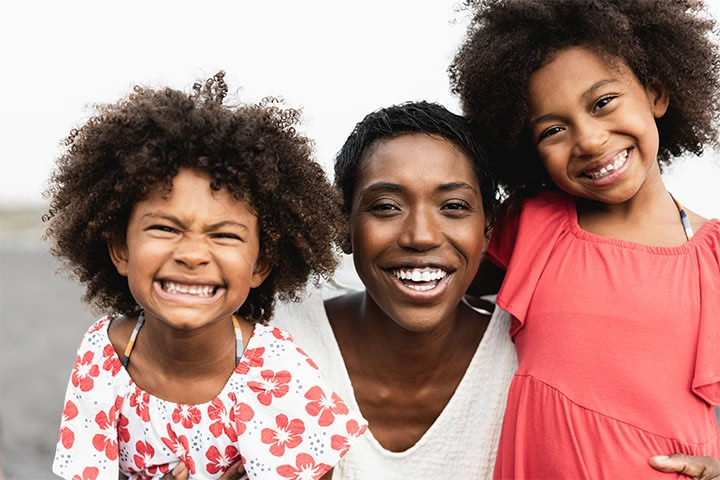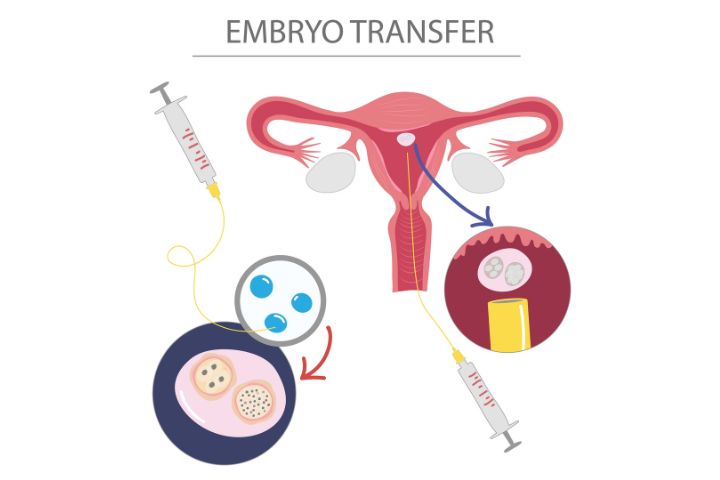We advise intended parents and donors about the legal implications of the routes they are considering or have chosen.
How Can Our Solicitors Support Your Family?
In our modern society, there are a number of different routes to parenthood.
We share the view of Sir James Munby, former President of the Family Division of England and Wales:
What, after all, to any child, to any parent, never mind to future generations and indeed to society at large, can be more important, emotionally, psychologically, socially and legally, than the answer to the question: Who is my parent? Is this my child?
We advise intended parents and donors about the legal implications of the routes they are considering or have chosen to start a family.
We can advise at the initial planning stage to help an intended parent choose the best route for their proposed family.
We have experience in applications for declarations of parentage where a question has arisen post-birth. These declarations have included cases where donation has taken place within a licensed clinic and on an informal basis.
Our solicitors have represented parties in landmark legal cases.
As committed members of Resolution, we adhere to the Code of Practice and the Good Practice Guide to Good Practice in Fertility Cases, which means we take a constructive, empathetic, and child-focused approach.

Surrogacy Law Solicitors
Intended parents may consider surrogacy either in the UK or abroad.
We provide advice to intended parents and surrogates prior to conception, although legally, we are unable to assist with the negotiation of a surrogacy agreement.
Once any child is born, the intended parents will need to obtain a parental order to secure their legal status. If they do not obtain this order, then the surrogate, and possibly her spouse, will be the child’s legal parent.
A parental order is necessary even if the pregnancy was achieved using an embryo created with the egg and sperm from the intended parents, and/or the child was born abroad, and their status was recognised in that country.
There are strict eligibility requirements to obtain a parental order. It is important to obtain legal advice pre-conception to ensure that the requirements for an order will be met.
Our surrogacy law solicitors represent parents in their applications for parental orders and have done so many times, always with success.
The nationality of the intended parents may not automatically be transferred to any child born through surrogacy. There can be substantial delays in obtaining a British passport to enable a child to travel to the UK.
We have good connections with expert immigration solicitors and work collaboratively with them to resolve any potential issues for clients considering or using overseas surrogacy.
We recognise that the law in relation to surrogacy is outdated. Our solicitors responded to the Law Commission’s Consultation on Surrogacy, and we continue to campaign for a change in the law.
Donor conception
HFEA-licensed clinics must provide patients with information about who will be a child’s legal parent. They must ensure that the correct consent has been obtained prior to treatment.
Unfortunately, there have been cases where the correct consent has not been kept on a patient’s medical file.
Our solicitors have obtained declarations of parentage to secure the child’s legal status as was originally intended by the parents. The clinics have paid the legal costs of such applications.
We advise patients where there is some ambiguity about their proposals. For example, whether the male patient may donate an embryo to the female patient post-separation.
There are obviously similar but different considerations for intended parents considering treatment abroad. We are well-placed to advise in advance of treatment so that all intended parents are making informed decisions, resulting in peace of mind.
Known donors
The law in relation to known donors can be complicated. If the donation takes place in an informal environment, the legal status of the donor will depend upon the status of any spouse or civil partner that the mother may have.
A known donor who is treated as a child’s parent could be financially responsible for the child, and any agreement that says otherwise is not legally binding. Therefore, donors need to understand their own legal position before agreeing to be involved.
Even if a known donor is not the legal parent of a child, the donor may seek a relationship with that child, and a court may support such a relationship. In such circumstances, the continued use of the term donor may be inappropriate.
Fertility Law Solicitors
We advise patients where issues have arisen during or following fertility treatment. This includes:
- Consent to the continued storage of embryos;
- A clinic’s refusal to treat a patient citing the welfare of the child grounds;
- The use of embryos post-separation.
Co-parenting
Co-parenting may involve up to four parties. A biological parent may not be a child’s legal parent. It may be appropriate for the mother’s partner to acquire parental responsibility if they are not the legal parent.
We advise those considering co-parenting about each party’s legal status and obligations towards a child.
This can include drafting co-parenting agreements, which can be prepared in an amicable and collaborative way, preserving relations between the parties for their future parenting together.
Sometimes, co-parents cannot agree on what is best for their child, and we have extensive experience representing parents, children, and guardians in disputes between parents, including same-sex parents.
This includes disputes in relation to child arrangements and schooling as well as financial responsibility towards a child.
Adoption Solicitors
We advise and represent those seeking to adopt either on a domestic or an intercountry basis. We have acted for the prospective adoptive parents and for the subject children.
The UK has ratified The Hague Convention on Protection of Children and Co-operation with respect to Intercountry Adoption 1993.
This means that in many cases, provided an adoption order is obtained in the child’s country of origin, it will not be necessary for the applicants to obtain an order in the UK also.
However, where the child’s country of origin has not ratified the Hague Convention, the procedures are more stringent.
Applications for adoption in the UK are still necessary and may be transferred to the High Court. We can advise you on the right approach in your individual circumstances.
Our adoption solicitors have links with a number of organisations providing support to those pursuing modern parenting.
Our solicitors regularly speak on modern parenting to a number of audiences, including the P3 network, fertility clinics and the BICA annual conference.
Parental Responsibility And Step-parent Adoption
Where parenthood has not been conferred, we assist step-parents to acquire parental responsibility either through agreement or adoption.
For further information or a preliminary chat about modern parenting, please contact Anest Mathias on 020 3440 8049 or Anest.Mathias@tvedwards.com.











